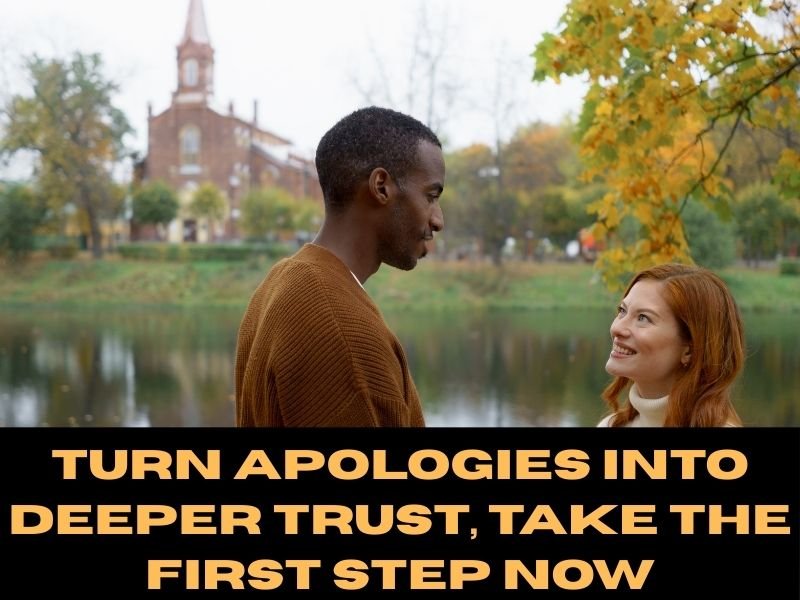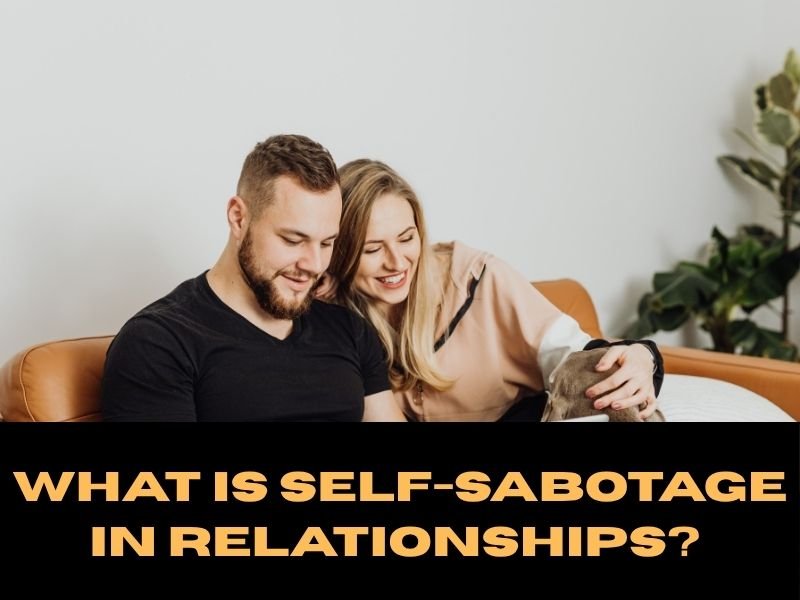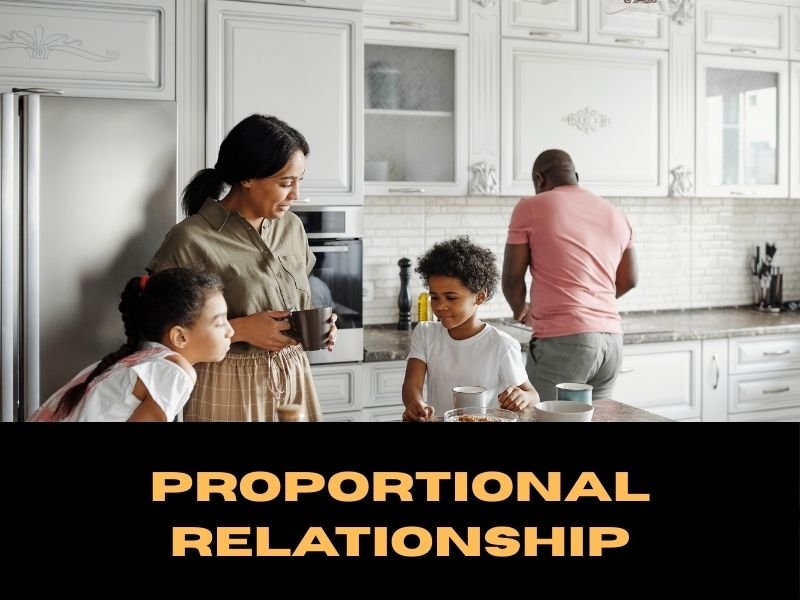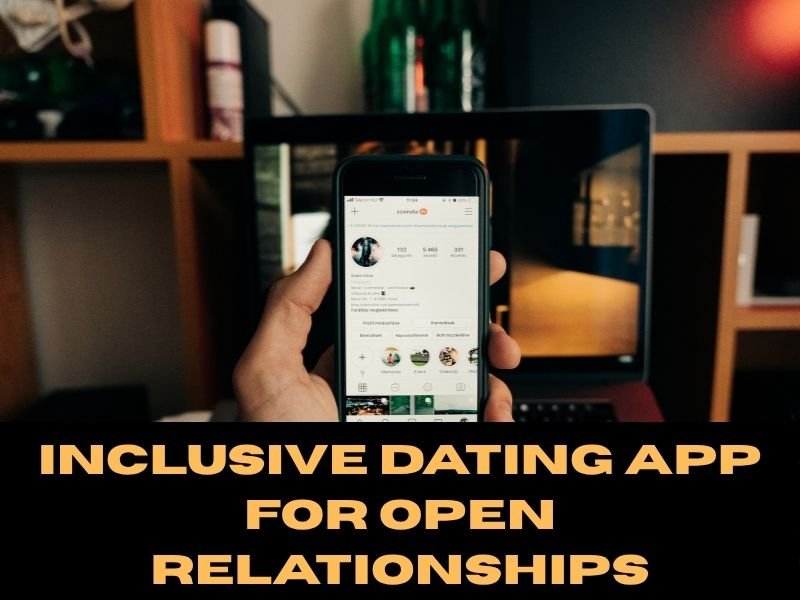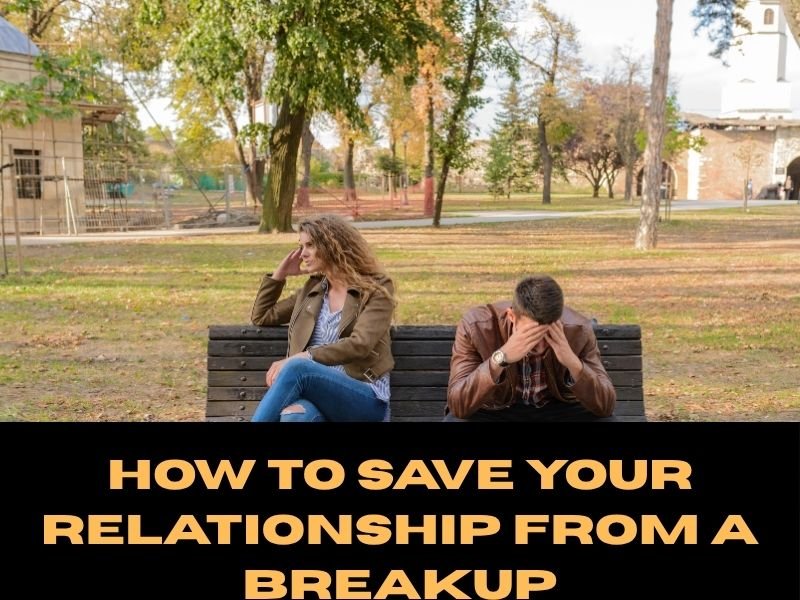It can feel like you are stuck in a never-ending cycle of overthinking in relationships. A text that you leave on “read,” a call that is late, or even just a quiet moment together, can make you think of all the “what ifs.” You are not the only one who has heard this before. The hard part is when your thoughts get in the way of the relationship and make your partner feel like they don’t understand you, are being questioned, or even hurt. This article will explore how to apologize for overthinking in a relationship
It’s not about being perfect or pretending you’ll never overthink again when you learn how to say sorry for overthinking in a relationship. Rather, it is about showing the partner you are dating that you know how your actions may have hurt them and that you want to grow. If you are honest and open about your feelings, an apology will bring you closer together. When done right, it turns tension into deeper intimacy and a time when you are vulnerable into a chance to strengthen your bond.
Why Overthinking Happens in Relationships
People who overthink usually do it because they are scared, not because they are mean. A lot of people who have trouble with it have been in relationships in the past where trust was broken, communication was bad, or love felt shaky. Some people have it from childhood experiences where they had to “read between the lines” to feel safe. In a relationship, this mental habit can come back, making you very aware of what your partner says, how they say it, or what they do, even when nothing is wrong. Your mind is just trying to protect you from getting hurt by doing this. It’s not a sign that you don’t deserve love or that you are weak.
What is the most important thing to remember is that overthinking doesn’t mean you are broken; it means you are human. Everyone has things that set them off, and yours just happen to be related to being close to someone. You can’t always control the first thought that comes into your head, but you can control how you react to it. Before you say you are sorry to your partner, you need to understand this because it changes the focus from shame to growth. Your apology will mean more to your partner if you know why you overthink. They will see that you are trying to make things better.
How Overthinking Can Affect Your Partner And Why Apologizing Matters

Think of two people working on a project together. One of them keeps asking, “Are we sure this is right?” after every step. At first, the other partner tries to calm them down, but as time goes on, the doubts make things harder and take longer. Overthinking in relationships works the same way; it adds stress, even if you mean well. If you keep questioning what your partner says or does, they may start to feel like they are always being watched, which can slowly break down trust and closeness.
Your partner might also see your overthinking as a sign that you don’t trust them or the relationship itself. It doesn’t mean they don’t love you; it just means that if the pattern keeps going without being noticed, they might start to feel emotionally drained. That’s why it’s important to say you are sorry. It’s not about saying you’re “wrong” for having feelings; it’s about showing your partner that you know how your actions might affect them. This step makes room for compassion by letting them know that you care about their emotional health as much as your own.
Causes Overthinking in Relationships?
Overthinking in relationships is usually caused by deeper emotional issues, not just bad habits. A lot of people have trouble with it because they want safety and clarity, but their minds keep replaying conversations, analysing small details, or worrying about problems that might not even happen. You need to know why it happens in order to really get over it. Here are some of the most common reasons why partners overthink things.
Past Relationship Trauma
If you’ve been betrayed, left alone, or always had fights in past relationships, your mind naturally tries to “protect” you from going through those things again. Sadly, this protection often comes out as overthinking—doubting what your partner says, worrying about their hidden motives, or thinking that history will repeat itself. Someone who has been cheated on before might think too much about why their partner is late or quiet, even if there is a good reason.
Fear of Rejection or Abandonment
Overthinking is common because people are very afraid of losing the person they love. They might keep asking, “Do they really love me?” What if they find someone better? These thoughts might not be true, but they come from feeling insecure. The fear of breaking something valuable makes you hold on tighter, like a fragile vase in trembling hands. This can cause stress in the relationship.
Low Self-Esteem or Self-Doubt
If you don’t feel good about yourself, you might think you’re “not enough” for your partner, which makes you doubt yourself even more. Every text that doesn’t get a response feels like rejection, and every little fight feels like proof that your partner might leave. These thoughts are really just projections of your own inner struggles, not real signs of your partner’s commitment.
Communication Gaps
When couples don’t express themselves openly, silence can breed assumptions. A partner’s quiet mood or lack of explanation about something simple can trigger endless “what-ifs” in the other person’s mind. Without healthy communication, the brain tries to “fill in the blanks,” and unfortunately, it often does so with worst-case scenarios rather than the truth.
Over-Attachment and Idealization
Putting all of your happiness and identity in the relationship can make you think too much. When your partner is the most important person in your life, even the smallest change in their behaviour can feel huge and scary. This over-attachment makes every action, word, or silence seem bigger than it is, which leads to unnecessary worry.
Stress and Mental Health Factors
Things like work, money problems, or anxiety disorders can also make you overthink. If you are already worried, your relationship might be another place where those anxious thoughts come out. Understanding how outside pressures affect you and your partner can help you keep your relationship problems separate from your personal problems.
Know The Right Time and Place to Apologize for Overthinking
When you say you are sorry in a relationship, it’s like planting seeds. During a storm, if you throw them in rocky soil, they might never grow. But if you plant them in calm, fertile ground, they can grow into stronger trust and deeper connections. It’s also important to choose the right time and place to say you are sorry for overthinking. This makes sure that people hear you and are open to what you have to say instead of being defensive.
Instead of saying sorry in the middle of an argument or through a quick text message, find a quiet, private time when you can both be there. This shows that you are mature and respect the other person, which means that your apology is not just a knee-jerk reaction but a thoughtful recognition of your part in the relationship. When you talk to your partner this way, your words mean more, and the chances of getting back together and understanding each other go up a lot.
How to Apologize for Overthinking With Sincerity
When you apologize for overthinking, it shouldn’t sound like a script, but it should sound like you. Your partner doesn’t just want to hear the words “I’m sorry”; they want to feel that you mean them. That’s why personalization matters. Instead of a vague, general apology, acknowledge the specific moments where your overthinking may have caused stress. For example: “Sweethreat, I realize I keep asking you if something is wrong, even when you’ve reassured me. I know that must feel tiring for you, and I’m truly sorry.”
This level of honesty will show your partner that you aren’t just saying sorry because you feel bad about it, but that you have also thought about what you did and how it affects the relationship. This approach will also help ease the tension by reminding your partner that your overthinking comes from love, not a lack of trust. Your apology feels real because you use words that fit your relationship. This makes it much more healing than a simple “sorry.”
Balance Your Remorse With a Commitment to Change
It’s a good start to say “sorry,” but if that’s all you say, it might not be enough for your partner. When you say you’re sorry and do something about it, it means something. If you say you’ll do the dishes but never pick up a sponge, the words don’t mean anything unless you do them. Thinking too much works the same way. You need to let your partner know that you know about the problem and are willing to work on it. The best part is that hard work builds trust. Even little things, like waiting a few seconds before sending five texts in a row or asking instead of assuming, show that you mean business..
When you’re apologizing, keep it simple and This kind of honesty shows maturity. It tells your partner that you are not hiding from your mistakes or pretending you can flip a switch and stop. You are admitting it’s a process, and you are inviting them to walk through it with you. Your partner will believe your apology more if they see you trying, even if it’s just in small ways. It’s not about being flawless. It’s about proving that your love is stronger than your fear
Invite Your Partner Into the Conversation

When you say you’re sorry for overthinking, you are not just getting it off your chest; you’re also letting your partner in on sharing their side of the story. It’s like giving them the mic. You told them how you felt and where you went wrong, but now it’s their turn to talk. This isn’t about defending yourself; it’s about listening. Sometimes, your partner may have been quietly carrying the weight of your overthinking, not knowing how to bring it up without hurting you. You show that you care about their voice as much as your own by asking them to share.
You could say something like, “I don’t want this to feel one-sided. Can you tell me how my overthinking has been affecting you?” This gives your partner the freedom to express without feeling attacked. And when they do, resist the urge to interrupt or over-explain. Just listen. It’s amazing how healing it can be when your partner feels truly heard. Even if their honesty stings a little, remember, it’s not criticism for the sake of hurting you, but it’s a bridge toward better understanding. This step will turn your simple “I’m sorry” into a team effort. When you overthink things, it can feel like a tug-of-war.
Create a Shared Roadmap And Strategies to Manage Overthinking Together
Overthinking is like a storm. It can feel like too much when you are alone, with dark clouds, heavy rain, and no umbrella in sight. But when you and your partner get together, it’s like building a shelter that can stand up to any weather. You are not only keeping yourself safe, but also you are making a safe place for both of you to stand, no matter how strong the winds of doubt or insecurity blow. This joint effort makes your apology real because it shows that you’re not just saying “sorry,” you are also doing something to stop the storm from coming back.
Practical strategies could include setting boundaries for reassurance, agreeing to pause when emotions get heated, or even scheduling check-ins where you openly talk about what’s been on your mind. These tools act like road signs on a long journey, guiding you both back to trust and connection when overthinking threatens to take you off course. When your partner sees that you are committed to building these guardrails together, they’ll feel less like the target of your overthinking and more like your teammate navigating life’s road with you.
Follow Through With Actions And Show Change Beyond Words

If apologies are just words, they don’t mean anything. You can promise that a seed will grow into a tree, but that promise will be empty unless you water it, care for it, and protect it. Your partner will also look for consistent actions that show you are growing after you say you are sorry for overthinking. This could mean being more mindful, cutting down on pointless “what if” talks, or showing trust by being patient and reassuring.
For instance, think about how you said sorry to your partner for doubting them every time they came home late. You don’t keep going through the same cycle. Instead, you text them once and then let it go, trusting what they say. Instead of questioning them the next time they come in, you greet them with warmth. This change shows your partner that your apology wasn’t just talk; it was the first step towards making things better for good. These consistent actions will show them that your words mean something, which will help them trust you and the relationship again.
Practice Patience With Yourself and Ask for Your Partner’s Patience
It takes time to learn how to deal with overthinking in a relationship. It’s like taking care of a delicate seed: you water it, shield it, and give it sunlight, but it still takes time for it to grow into something strong and stable. It’s also important to be patient with yourself. You will have days when doubts come back or old habits come back, but that doesn’t mean you’re failing; it means you’re human. Giving yourself space to make mistakes while still moving forward shows your partner that you want to grow, even if it feels like progress is slow.
Equally important is asking for your partner’s patience. When you gently express, “I’m working on this, but I may need your understanding along the way.” When you invite them into your healing journey, this will open the door for compassion rather than frustration and will remind them that your struggles are not walls but bridges you both should cross together in love. By pairing self-kindness with your partner’s support, overthinking becomes less of a burden and more of an opportunity to strengthen trust and deepen the bond between you.
Conclusion
Overthinking in relationships is like a storm that clouds clarity and peace, often leaving both partners feeling drained and misunderstood. While it may come from a place of care or fear of losing someone, unchecked overthinking gradually chips away at trust, intimacy, and emotional security. Recognizing the problem is the first step, but choosing to shift from assumptions to open dialogue is what truly transforms a relationship.
Every couple should have a bond based on trust, understanding, and emotional safety. Love can grow without being stifled by doubt if you are self-aware, politely talk about your needs, and make room for reassurance. A healthy relationship isn’t about being perfect or always analyzing things. It’s about being there for each other, being patient, and being willing to grow together. Letting go of overthinking is a gift to both you and your partner. It gives you the freedom to love with peace, clarity, and joy.

